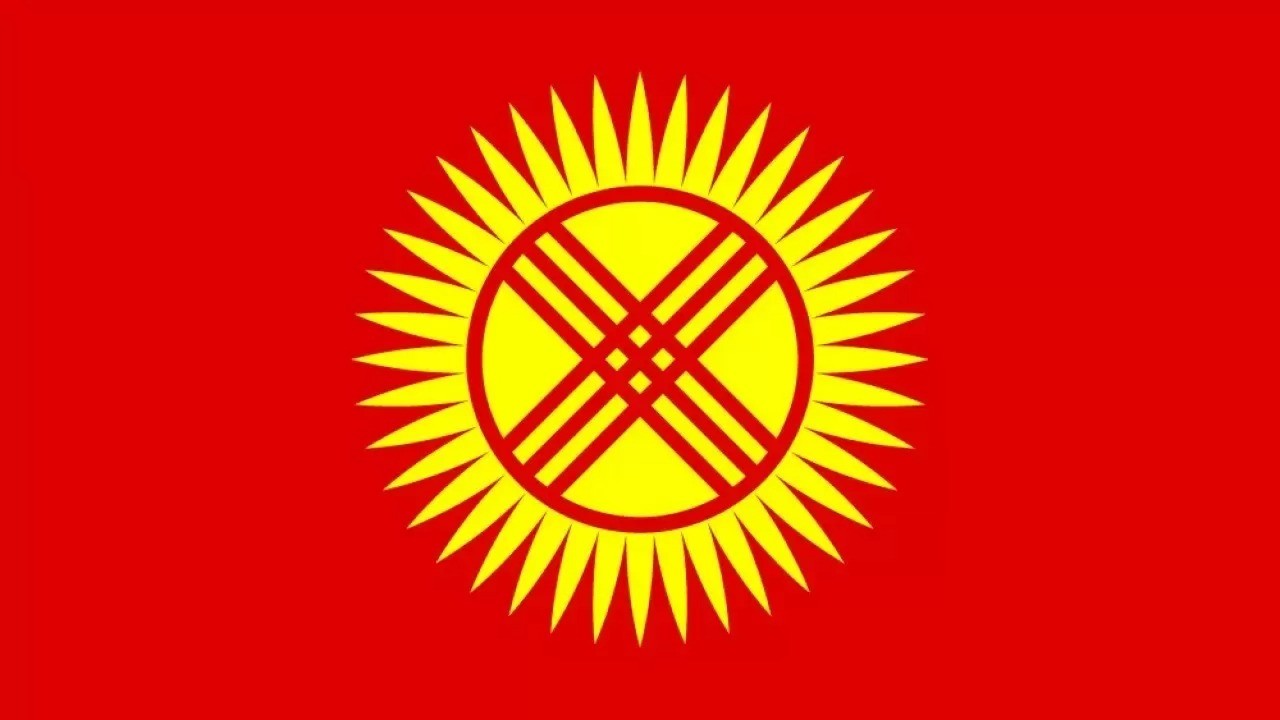Best 5 telegram trading channels for Kyrgyzstan
Kyrgyzstan, despite its modest economic size, shows growing interest in trading. Access to international markets, the development of digital infrastructure, and the absence of strict currency controls create favorable conditions for private investors. In this article, we’ll explore key aspects of financial market trading for Kyrgyz residents—from choosing a broker to tax nuances.

Financial Markets and Instruments for Kyrgyz Traders
Kyrgyz traders have access to the same assets as participants in developed markets. Through international brokers, they can trade stocks (NYSE, NASDAQ), currencies (Forex), commodities (oil, gold), and cryptocurrencies. However, local specifics influence strategy choices.
For example, the high volatility of the national currency (the Kyrgyz som) makes Forex trading attractive. The USD/KGS pair often experiences sharp movements due to the economy’s reliance on migrant remittances and gold exports. Meanwhile, stock trading requires more capital and a long-term approach due to currency conversion fees.
Cryptocurrencies deserve special attention. Kyrgyzstan does not ban digital asset transactions, and local exchanges offer quick withdrawals in soms. This facilitates arbitrage opportunities but demands caution due to fraud risks on unregulated platforms.
| Parameter | Value |
| Population | ~7.2 million (2024) |
| Median age | 27.5 years |
| GDP per capita | ~$1,500 (nominal, 2024) |
| Internet penetration | ~65% (2024) |
| Number of stock exchanges | 1 (Kyrgyz Stock Exchange) |
| Largest cities | Bishkek, Osh, Jalal-Abad, Karakol, Tokmok |
Choosing a Broker: Legal and Practical Aspects
Kyrgyz residents can work with both foreign and local brokers. International firms (Interactive Brokers, RoboForex) provide access to global markets but require passport verification and proof of address. Local intermediaries (e.g., “Finance Kyrgyzstan”) simplify deposits and withdrawals but offer a limited range of assets.
Key factors to verify:
- Broker’s license (FCA, CySEC for foreign brokers; National Bank of the Kyrgyz Republic for local ones)
- Deposit/withdrawal methods (SWIFT, e-wallets, bank transfers)
- Currency conversion fees
To minimize risks, start with a demo account and test strategies on historical data. Many platforms (MetaTrader 4/5, TradingView) support this feature.
Taxation and Legal Regulations
Kyrgyzstan has a liberal tax regime for traders. Profits from trading on foreign exchanges are not taxed unless funds are transferred to Kyrgyz bank accounts. However, withdrawing profits through local payment systems may trigger questions from tax authorities.
To legalize income, it’s recommended to:
- Keep detailed records of all trades (date, asset, amount, result)
- Save broker account statements
- Consult lawyers for large transactions (over $10,000 per year)
The situation with cryptocurrencies is less clear. Legislation does not prohibit their use but lacks explicit regulation. In 2023, a draft law proposed a 10% tax on crypto transactions, but it has not yet been adopted.
Here are the most popular Telegram channels among traders in the country
| Title | Telegram channel address | Number of subscribers | Language | |
| 1 | Mossovet Bishkek Exchange Rate | https://t.me/real_exchange | 3 129 | Russian |
| 2 | Upendi businessman | https://t.me/apendi_businessman | 1 509 | Russian |
| 3 | KG Stock Market | https://t.me/kyrgyzbroker | 585 | Russian |
| 4 | Mr. Fish | Investments | приватный | 1 459 | Farsi |
| 5 | KSE_News | https://t.me/kse_publicinfo | 304 | Russian |
FAQ: Key Questions Answered
1. Do I need a license to trade in Kyrgyzstan?
No license is required for individuals. Professional activities (managing client funds) are regulated by the National Bank of Kyrgyzstan.
2. How much starting capital is needed?
Minimum deposits start at $50–100, but $500–1,000 is recommended for portfolio diversification.
3. What are the biggest risks for Kyrgyz traders?
Key threats include sharp som fluctuations, crypto exchange fraud, and limited legal protection when dealing with offshore brokers.

